In a recent blog post, the Chronicle of Evidence – Based Mentoring wrote about how shared laughter can strengthen mentoring relationships. The take away points of the piece which reviewed research studies on the use of laughter in mentoring relationships, found that when people share a laugh and have fun together, they end up feeling closer and being more open with each other.
Why is this the case?
The answer is, there are many reasons! One is that laughter conveys appreciation and gratitude. It is a way of communicating to someone that you like them and also, in response to making someone laugh, you feel that they like you too. These enjoyable interactions help form new relationships and strengthen current relationships. As a communication technique, laughter can be a way of both actively showing attention, interest, warmth, support, conversation but also by responding to a mentees attempts to create humour, you can help a mentee feel validated.
Humour and laughter can create ways for people to let their needs be known too. It can be an outlet for creative expresion, to let off steam and relieve tension, manage conflict as well as being a safe context to discuss more emotional topics. We all know that a smile is contagious and that hearing someone giggle or a roaring cackle can set even the most sternest of faces into a grin, but did you know that it also is linked to making you feel better? The physical act of laughing is linked to chemical changes in the body that can reduce stress and even increase pain tolerance (and, its free!).
Of course, humor in mentoring relationships involves finesse. Mentors must maintain boundaries and avoid misinterpretation, sarcasm or inappropriate jokes. Mentees may be sensitive to feeling that they are being laughed at, so humor should not be at other’s expense.
So, with mounting research showing the benefits of age appropriate humor, fun and laughter in forging close relationships, it is something we can all use to build rapport and strengthen relations with our mentees.

